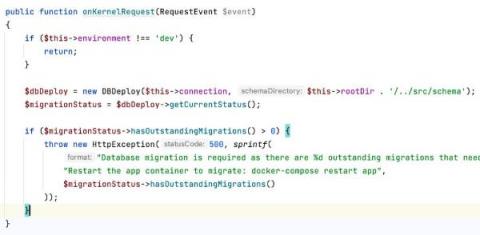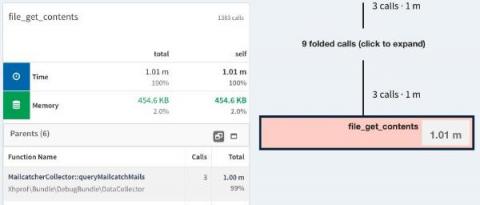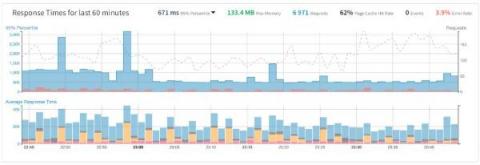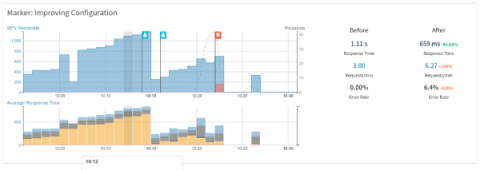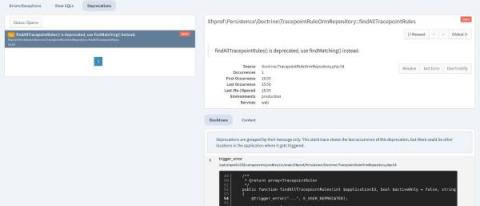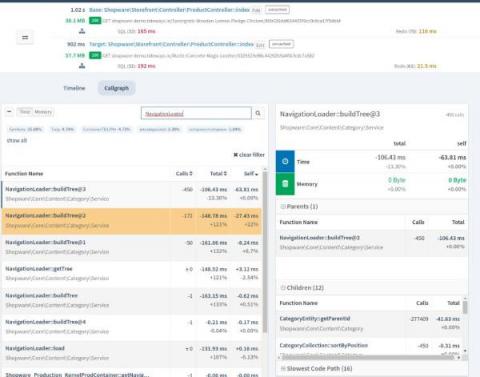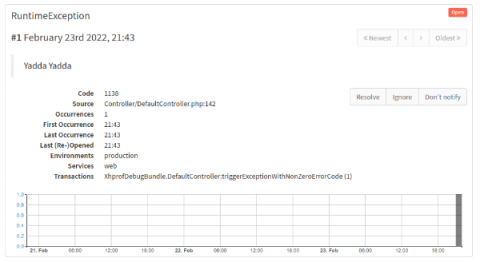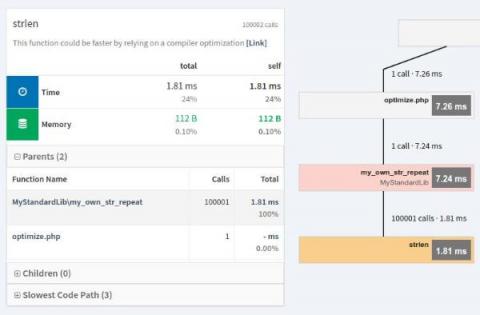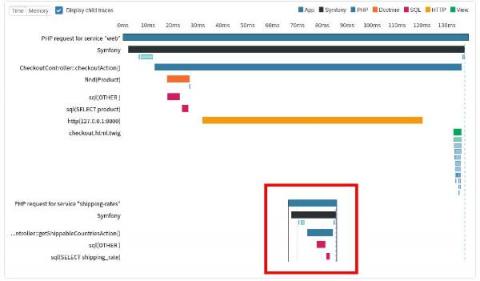A story of Lazy Loading File System Operations for better dev system performance
In this blog post I want to share a story of a performance bottleneck using the filesystem that we experienced in our development setup. In the Tideways backend, we have a simple homegrown database migration tool that scans a directory for.sql files and applies them if not already done. It is a very old piece of code that I used since before the times of doctrine/migrations. It is much simpler but works for us.


